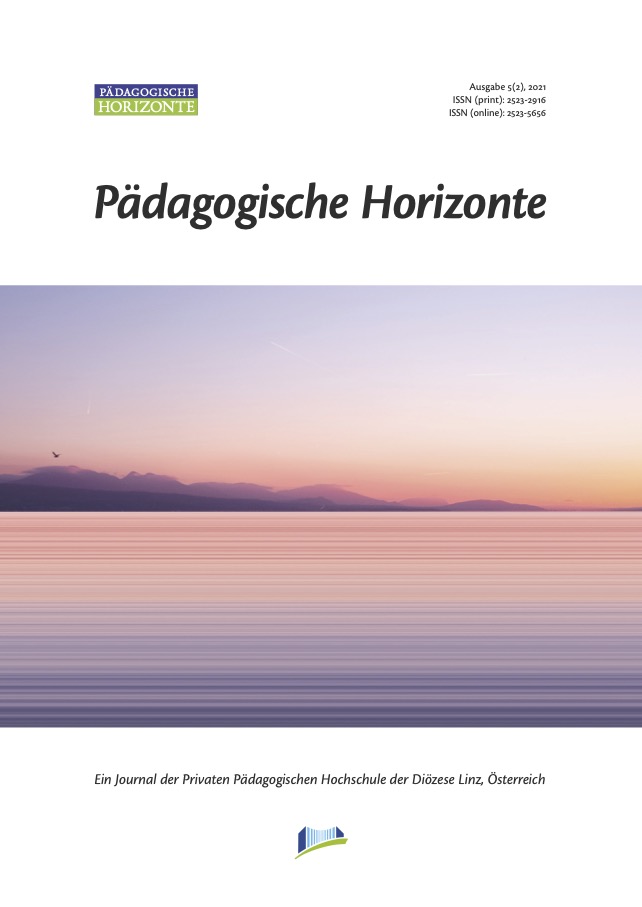Individual support in primary school mathematics lessons at the interface of inclusion and digitalization - what can we learn from face-to-face and distance learning?
Was können wir aus Präsenz- und Distanzunterricht lernen?
Keywords:
inclusive mathematics education, digitalization, face-to-face learning, distance learningAbstract
The digitalization offensive as well as inclusion as professional topics and pedagogical movements are said to have an extensive influence on the discussion and development of concepts of mathematics learning in primary school. Considering that the implementation of inclusive mathematics education continues to be characterized by stagnation and different conceptual understandings – from a deficit to a potential orientation – the question arises whether it will be possible to successfully address well-known educational issues and problems in the future, despite the often cited "additional value" and "potential" of digital media. While research in mathematics didactics has focused on challenges and application problems in the context of digital media, current paradigmatic basic discourses consider digitalization as a possible structural change within education. Therefore, within the framework of the present contribution, an attempt was made to contrast the standard format of face-to-face learning with distance learning against the background of individual support in primary school mathematics teaching. For this purpose, 39 Master's students of teaching were questioned in writing about the advantages and limitations of both formats by means of a problem-centered question impulse in order to classify the impressions resulting from practice in the theoretical subject educational science and social or cultural discourses and to outline subject didactic recommendations.



